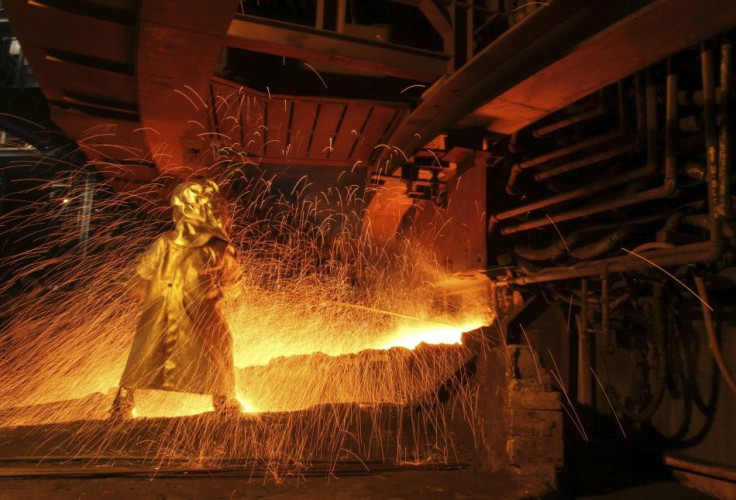Indonesia Mulls Steep Tax On Mineral Exports

One of the world's largest exporters of copper and coal, Indonesia, is working to introduce a steep tax on all mineral exports this year, Reuters said Tuesday, a move that is catching foreign investors and major trading partners by surprise.
The tax, a 25 percent tariff on mineral exports that rises to 50 percent next year and is then followed by a ban on mineral exports in 2014, is meant to help build up the domestic economy. But the revelation by Reuters that it is being worked out in behind-the-scenes negotiations -- less than a week after government ministers dismissed reports of just such activities -- has dismayed industry watchers.
Mining companies are making 'swillions,' and everybody else involved wants a slice of the pie -- whether it's unions wanting higher wages or government wanting a bigger take of what is a national resource, BNP Paribas metals analyst Stephen Briggs told Reuters.
In Indonesia's case, the government is concerned the foreign firms that mine copper, coal, tin and gold are funneling nearly all profits overseas. Besides making sure the country gets a fair share of its wealth, Indonesia's ministers want to use the current boom to promote industries that will remain long after the nation's mines are exhausted.
Part of the plan to make that happen is forcing foreigners with interests in local miners to invest domestically in other industries -- smelters, sheet metal manufacturers, perhaps even appliance factories -- that will absorb domestic mineral production and increase the value of exports.
The proposed ban was announced in February, but it did not work as planned: Instead of ramping up investment in the value-added industries the government would like to see taking root in the country, miners doubled down on extraction, running full-bore to extract as much ore as they can before 2014.
Enter the export tax.
Our view is that government has to regulate metal [and] mineral ore exports gradually, according to local metal [smelter] industry readiness, Aryanto Sagala, an official at the government's mining ministry, recently told Reuters. For a first step, it is better to impose an export tax while driving investment in metal smelters, then in 2014 we impose a total export ban on mineral and metal ores.
Local miners have opposed the measure and inter-governmental squabbling over it seemed to have killed it. The most recent news has created confusion.
Right now there appears to be very little clarity. There is talk of taxes, but when will they introduced? Citi analyst David Wilson told Reuters. There is talk of ore export bans, with confusion over whether bans will start as early as May, or by 2014, and then there is also the issue of majority local ownership for any mining operations.
Besides international miners with local operations, which include Brazi's Vale SA (NYSE: VALE) and Freeport McMoran Copper & Gold Inc. (NYSE: FCX), foreign trading partners have piped up at the latest development.
Concerned with the effect the imposition on a coal tax will have on his energy-hungry nation, India's coal secretary, Alok Perti, told Reuters that the government will take this up with Indonesia.
© Copyright IBTimes 2024. All rights reserved.











